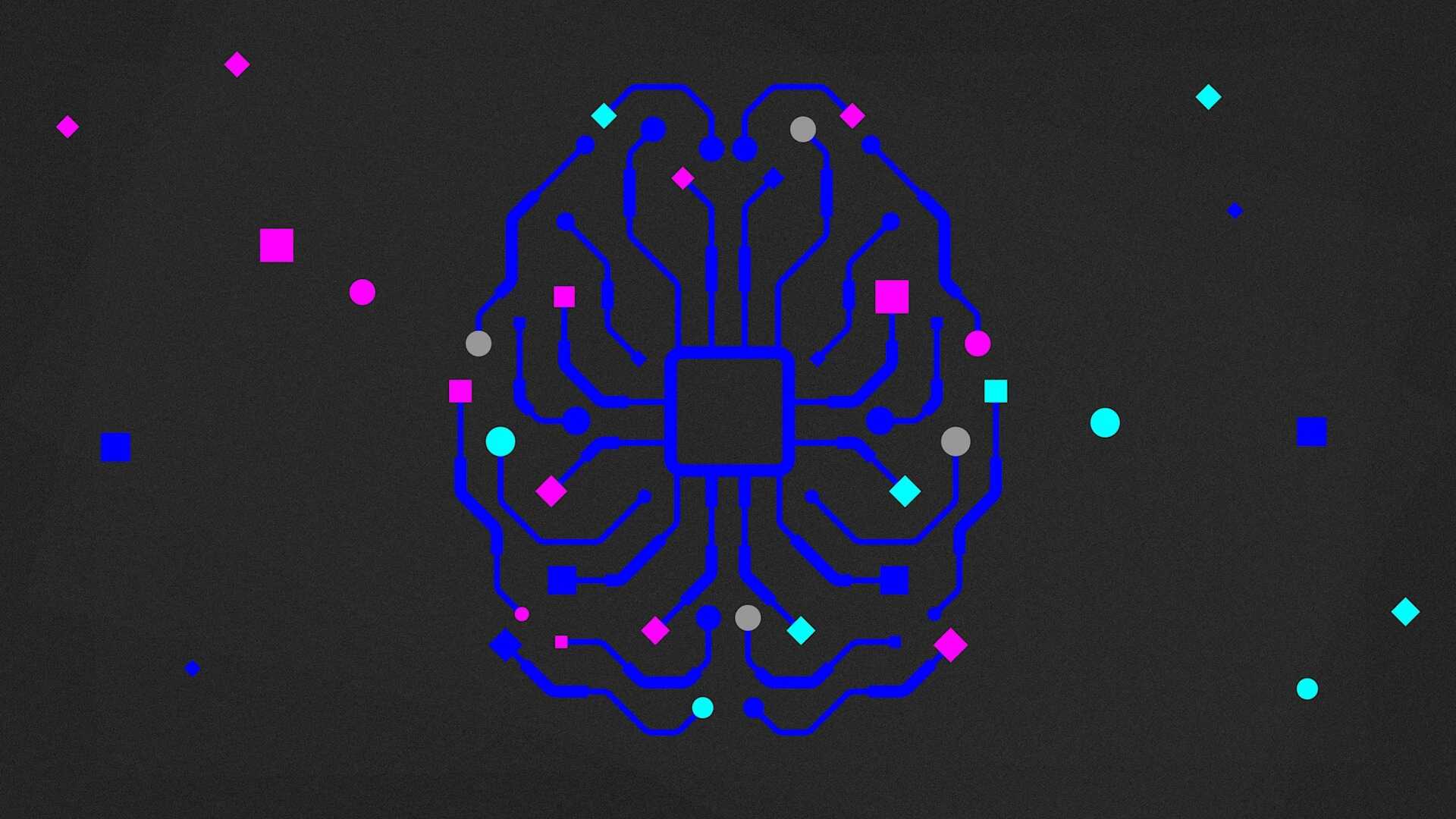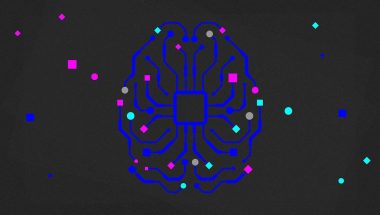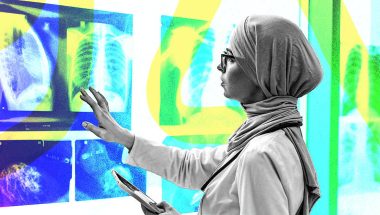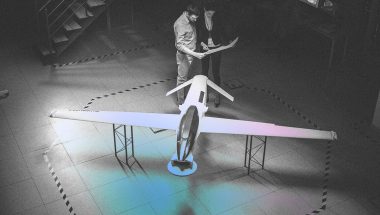- | 2:00 pm
How AI is transforming healthcare in Saudi Arabia
King Faisal Specialist Hospital & Research Center uses emerging technologies to deliver speed, accuracy, and better patient outcomes
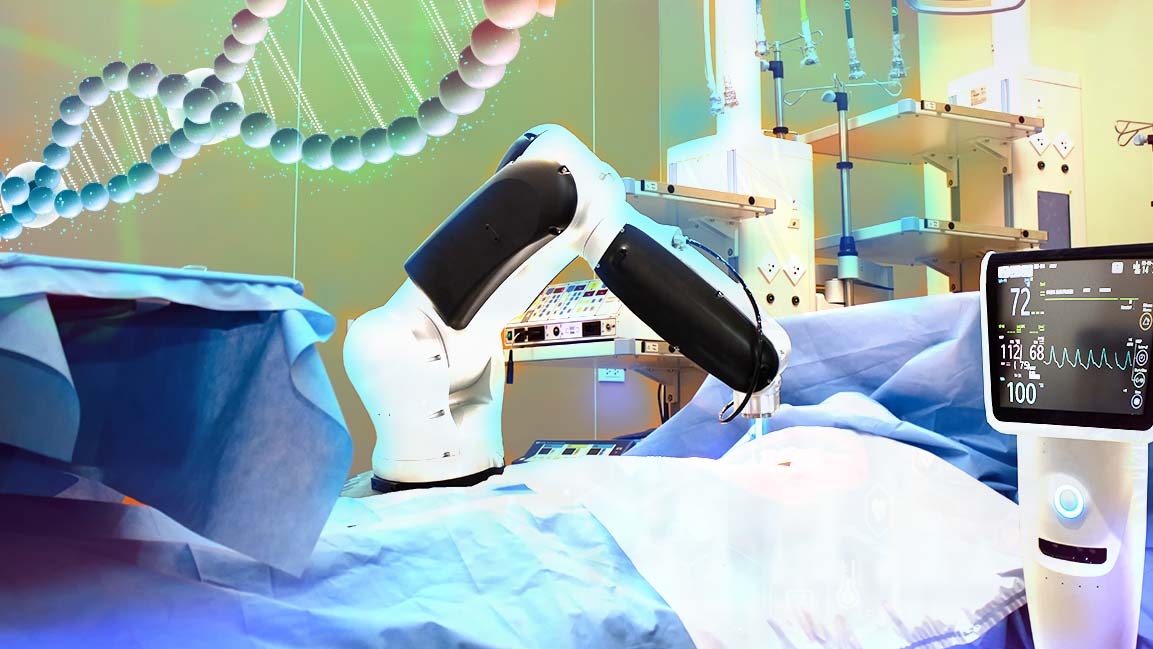
One of the very few silver linings of a global health crisis is that it can spur major innovation. COVID-19 has been no different. At the height of the pandemic, the healthcare sector showcased creative solutions that spanned disciplines from industrial design to drug research and development.
“In healthcare, innovation is vital, [especially] with the increase in the aging global population leading to a rise in chronic diseases and a greater need for specialized care,” says Dr. Mohammad Alhamid, Director of the Centre of Healthcare Intelligence at King Faisal Specialist Hospital & Research Center (KFSH&RC), the core of Saudi Arabia’s healthcare system.
And as healthcare needs become more complex, there’s a need for more resilient and adaptable healthcare systems that can quickly respond to unforeseen challenges. Zooming out, COVID-19 has spurred a broader reckoning in the healthcare industry, casting a spotlight on everything from delivering care as effectively as possible to digital technologies.
ADOPTION OF DIGITAL HEALTH TECHNOLOGIES
“The pandemic accelerated the adoption of digital health technologies, demonstrating the power of innovation in responding to crises,” adds Alhamid.
Although technological advancements are critical to unearthing new possibilities for improving healthcare delivery, access, and patient outcomes, Alhamid says realizing these possibilities “requires a constant investment in innovation and identifying and implementing new technologies and solutions.”
Using AI as a driving force, modern healthcare technology transforms data into personalized solutions. AI powers many recent advances in the field. These solutions can improve patient outcomes, ease provider burnout, and KFSH&RC, a leading tertiary and quaternary healthcare provider in Saudi Arabia, is investing in the latest technologies and solutions to provide care to its patients.
“We explore innovative ways to improve healthcare delivery and patient outcomes by harnessing the power of AI and other emerging technologies,” says Alhamid.
USING PREDICTIVE ANALYTICS
For example, its AI-driven systems are optimized to improve resource management, decrease patient wait times, and promote operation room efficiency through a unified capacity command center. It also uses AI-powered predictive analytics to identify patients at risk of developing complications, intervene early to prevent adverse outcomes, and mobilize care and solutions with agility.
“We are also leveraging virtual reality technology to aid children with autism in developing essential life skills,” he adds. “We are also exploring Metaverse to remove healthcare walls and borders and enhance staff training, which has a promising potential to revolutionize healthcare education and provide a more immersive learning experience for our staff.”
Additionally, to augment patient and staff experience, KFSH&RC operates on a shared Electronic Medical Records system across its departments and main facilities in Riyadh, Jeddah, and Madina to have a holistic view of current and future system capacities — from temporal and spatial perspectives to inform day-to-day operations management.
TECH INCREASES HEALTHCARE QUALITY
Alhamid says advanced technology increases healthcare quality and reduces the cost of caring. “For instance, AI-powered diagnostic tools can accurately detect diseases and conditions early, enabling early intervention and better outcomes, which reduces the cost of treating advanced-stage diseases.”
By leveraging data-driven insights, the Center of Healthcare Intelligence is reducing the cost of care by optimizing clinical and operational processes. By analyzing vast amounts of data from various sources, the center helps identify areas where processes can be streamlined and resources can be utilized more efficiently.
“Predictive analytics helps to forecast patient volumes, alleviating issues surrounding staffing decisions and ensuring that resources are allocated effectively,” he says.
Led by an innovation-oriented approach, the adoption of telemedicine and remote monitoring technologies in Saudi Arabia has increased. KFSH&RC implemented a tele-ICU platform for remote critical care and developed a remote monitoring platform for patients with chronic conditions to access care while reducing the risk of infection.
“We are leveraging technology to improve patient outcomes while aligning with Saudi Arabia’s government’s investment in conducive infrastructure to support adopting these technologies,” he adds.
However, Alhamid says collaboration and knowledge-sharing between domain experts are essential for successfully deploying value-driven smart solutions. To this end, this month, KFSH&RC is hosting its inaugural AI-focused Digital Health Conference in Riyadh, bringing together over 50 global healthcare leaders and experts to explore the latest innovations and advancements in applied AI within the healthcare sector.
“By convening experts from around the world, we hope to foster meaningful discussions and collaborations that will drive progress and shape the future of healthcare.”












